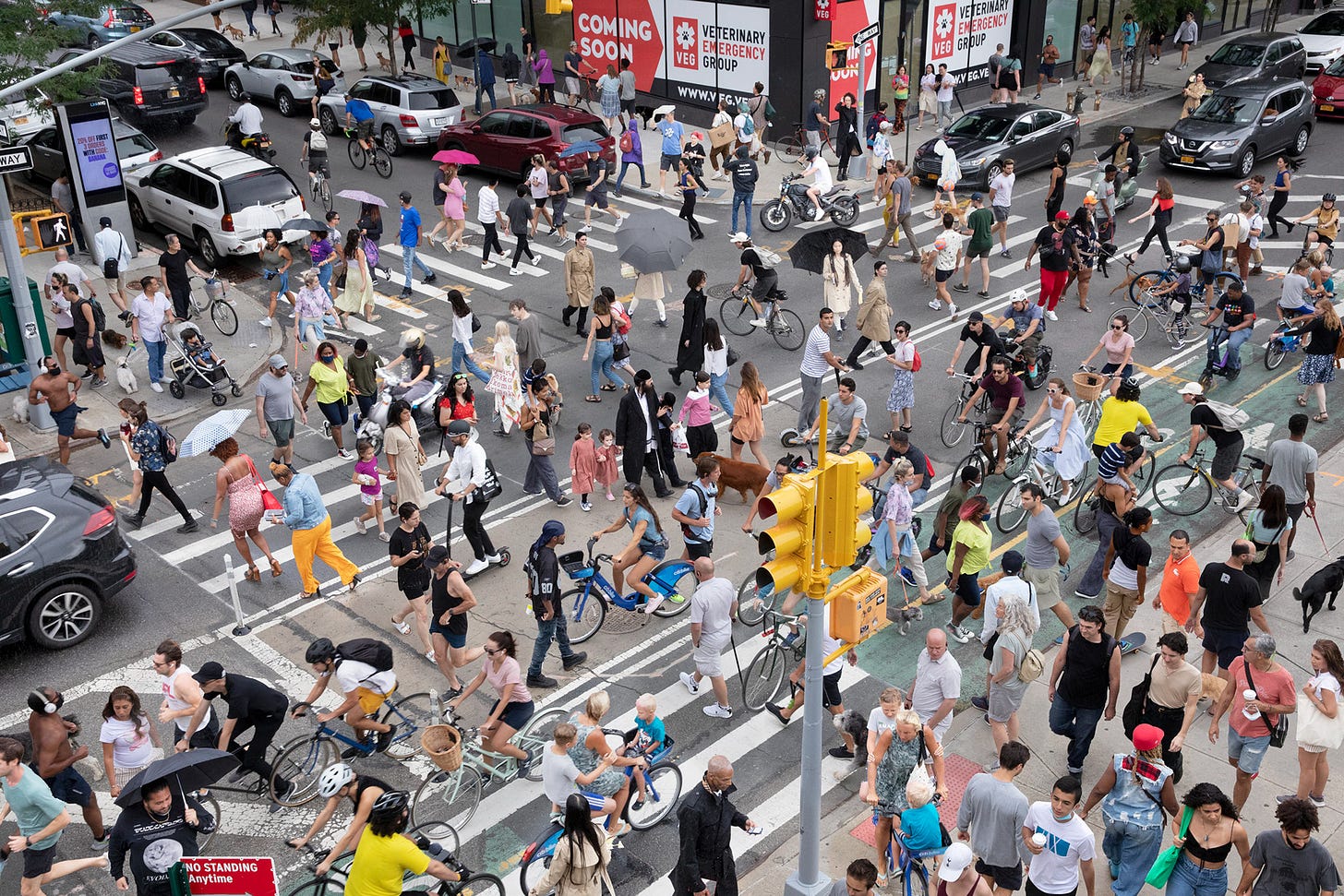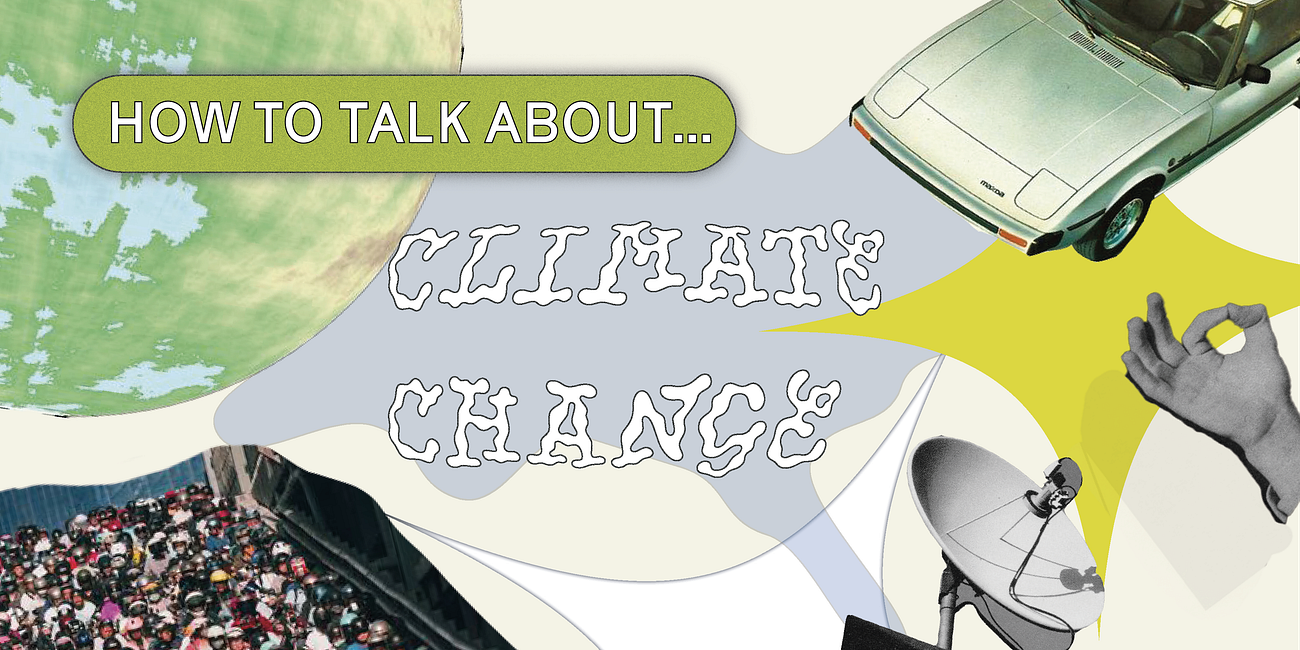
In my years of living in Taipei, there's this one hellscape I’ve religiously avoided. It’s one of those places that makes anyone with functioning sensory systems recoil in horror.
I am, of course, talking about Don Don Donki.
Walking through this infamous Japanese discount store chain isn’t shopping — it’s basically psychological warfare.
For the uninitiated, allow me to paint you a picture:
Speakers blast competing messages, creating a sonic maze where coherent thoughts go to die. Narrow, winding paths kidnap you from the entrance, ensuring there is no way you can avoid traversing almost every surface area of the store.
When it comes to this store, it is practically impossible to just 'pop in' for one thing. You are essentially obliged to expose yourself to all the shrewd tactics they've put in place to influence you into making purchases you definitely never intended to (Gruen effect, manipulative pricing, anchoring effect, etc.).
Don Don Donki’s reputation stems from their extremely, brazenly aggressive strategy.
But I'd actually argue that they aren’t really an anomaly — it is just a dramatised version of the world we already live in.
The messages we are force-fed through the Don Don Donki experience are remarkably similar to the ones poisoning our daily lives:
Shopping is a dopamine hit you should chase daily!
We deserve 20 different varieties of the same product!
It is very natural to buy overly packaged products!
Processed food isn’t artificial, it’s convenience!
It is normal to consume products that are flown in from really far!!!
Truth is, we are constantly being spoon-fed all kinds of narratives, all day, everyday, no matter what we do.
These have real, tangible effects: narratives seep into our subconscious, slowly feeding into our desires, our worldviews, ultimately influencing our life choices — big or small.
Social media consumption is another obvious terrain for narrative influence. Looking at my Youtube feed, I see:
“Authentic” vlogs that are really just infomercials in disguise. Influencers don’t sell products anymore — they sell fantasies, wrapping ads in the blanket of '“lifestyle content”.
Endless montages glorifying 'ambition,' 'discipline' and 'entrepreneurship,' glorifying figures like Steve Jobs, Elon Musk and other 'self-made millionaires' living it up in Dubai/Ibiza.
It's really hard to maintain an environmentally-conscious lifestyle when we are embedded within a system that is so good at making destructive behaviours look sexy.
We're always nudged into buying things that are bad for us and the planet.
We are constantly influenced into forming desires for material ownership. And if we take a step back, it’s clear to see how we have been manipulated into commodifying everything: seeing the price of something above its other attributes is something I’m absolutely guilty of.
As a self-proclaimed “climate person'“, I feel this tension every single day. And on most days, all that's left in me is one overarching emotion: total exhaustion. And the burning desire to pull the plug, disconnect, hide in a cabin in the woods etc.
My gripe with the climate movement is that we’re fighting on a painfully narrow issue-based level, when we need to be working together to resist something so, so much bigger.
We need to be clear on the fact that we're up against a vast network of influence encompassing the advertising industry, labor, tech & social media platforms, labor laws, deregulated finance, and so much more. A vast coalition centered on the fantasy of eternal growth, at all costs.
With such a powerful force against us — are we really surprised to see that the environmental movement's call for 'respecting planetary limits' and 'let's act responsibly' just isn't landing?
How can we sell 'degrowth' when they have Don Don Donki?
Let’s talk about narrative change.
A narrative consists of a collection of stories which together convey a common worldview or meaning - it is a shared interpretation of the world and how it works. (McBeth et al., 2015; Fisher 1984)
I’ll be honest: I was once quite skeptical of 'narrative change' as a necessary — or even useful — climate strategy.
The planet is burning. How has time for storytelling? Sounds like a load of pretentious navel-gazing. Surely we need direct action, not stories?
I won't bore you with the details of how I ended up shifting my mindset on this, but suffice to say that I realized the root cause of climate change comes down to the stories we tell ourselves.
Narrative has everything to do with it.
I've come to realize that narratives are the invisible architecture of our society. They're like the operating system running in the background of our collective consciousness, determining which actions we think are possible, desirable, or even imaginable.
This is why I ended up dedicating my very first Substack post to tracing the connection between foundational Enlightenment ideas and the climate crisis.
Why is it so hard to talk about climate change?
I am grateful to have landed one of my dream jobs: working as a freelance climate writer.Thanks for reading Our New Climate! Subscribe for free to receive new posts and support my work.
How societal narratives shift

Adapting to climate change requires deep, collective behavioral shifts.
There is no way that this shift can be achieved via top-down policies and technical fixes only: we need to address the narratives that underpin the social structures and collective behaviours that are wreaking havoc on our ecosystems.
But how exactly do we go about shifting narratives?
This is where things get a little muddy…
In an attempt to see more clearly, I decided to reach out to someone who knows a thing or two are shifting narratives.
Based in London, Ruth Taylor is a narrative and cultural strategist, splitting her time between the Common Cause Foundation, her freelance projects, as well as writing an excellent Substack called Culture Soup.
To my delight, she agreed to hop on a call with me, and share some insights.
The River of Change
During our conversation, Ruth invited me to think of social change as a river — we spend most of our energy on downstream solutions, dealing with problems after they occur. We clean up oil spills, install solar panels, and buy electric cars.
But only the upstream solutions, despite being more tricky, can truly address the roots of the issue at hand.
Narrative change works upstream. It's about traveling to the headwaters where our collective beliefs spring forth and shape the entire flow of society. It's harder work, less immediately visible, but ultimately more transformative.
How Narratives Shape Our World
Narratives aren't just stories we tell – they're the water we swim in. Like fish, we rarely notice this water until someone points it out.
Narrative change might seem like an impossible task — how on earth are we going to change the minds of billions of people? But that's not how narratives work.
What we need to do is tackle narratives at their source, by addressing the 'cultural waters’ we swim in.
Take this fundamental narrative: ‘profit over everything’.
It’s not just in boardroom decisions — it seeps into and is reinforced in almost every corner of our lives:
The way we measure national success through GDP rather than wellbeing
The supermarket’s endless emphasis on savings
At the doctor’s appointment that treats you like a production unit (at Ruth reminded me, Britain has some of the shortest consultations among developed countries, typically lasting around 9 minutes)
In the same way that potent narratives seep into our lives from all corners — our attempts to shift these narratives must also operate through the principle of saturation.
Taking Control of the Narrative: Practical Suggestions
N°1: Social Media Cleanse
Everyone can benefit from a social media cleanse. Beyond the well-known benefits — protecting your mental health, saving you from brain rot, freeing up substantial time — there's another crucial reason to consider it: unplugging from the endless cesspool of narrative influence gives you the opportunity to assess if these narratives are truly serving you.
Practical steps:
Delete one social media app every month. Track how it changes your thinking.
Replace news doom-scrolling with slower forms of media
N°2: Spend More Time in Third Spaces
The concept of third spaces is getting renewed attention these days, and for good reason. In our current urban landscape, it's increasingly hard to avoid spending money. The vast majority of urban spaces are private and commercialised: malls, shops, movie theaters, cafes, bars — these are all spaces where you are expected to spend money. In other words, your right to exist in these spaces depends on your ability to consume.
If you spend the majority of your free time in these spaces, you are subconsciously strengthening the belief that you exist primarily as a consumer. You forget that there are other modes of existence: in a public library you exist as a free learner. In a forest, you exist as a tiny creature within a vast web of life.
Third spaces are wonderful reminders that you are more than your wallet. Speaking of…
N°3: Weaponise Your Wallet
Now here’s a challenge that I’m currently experimenting with. Can you go one day without spending money? (I am, of course excluding unavoidable expenses like bills). Better yet, can you go one week without entering a commercial space?
I started going on anti-capitalist walks lately, where I actively avoid streets with an abundance of shops, and ensure I always have snacks on hand that I’ve pre-prepared at home. Spoiler alert: it works.
More ideas:
Start tracking every purchase that contradicts your values
Convert one monthly subscription into a community membership
Climate change isn't just a technical problem – it's the symptom of a story gone wrong.
Start small. Start now. Start where you are. But start with this understanding: Every action you take either reinforces or challenges the dominant narrative. Choose wisely.
Your move,
Chloé







Excellent.
Love this anti-capitalist walk idea!